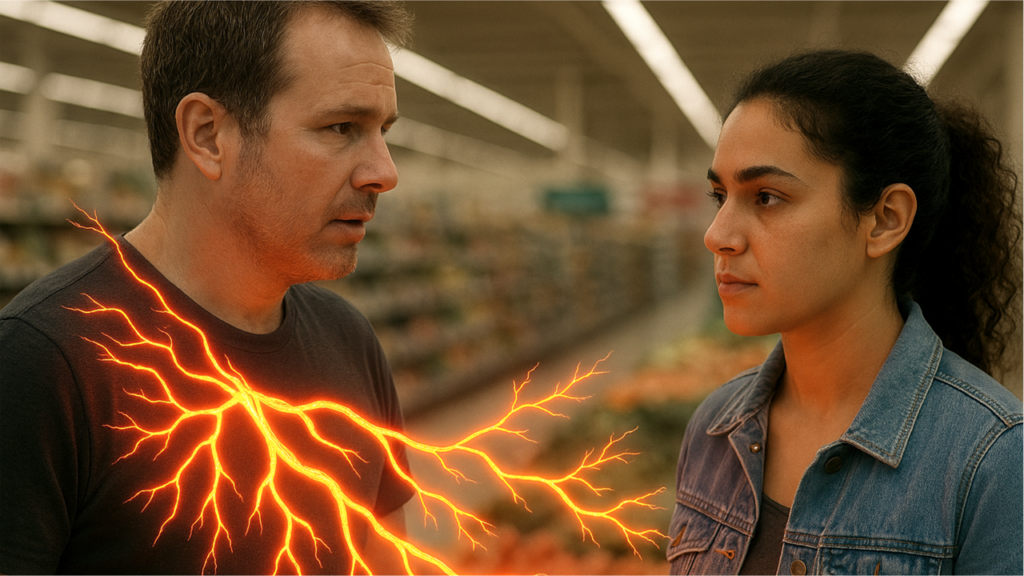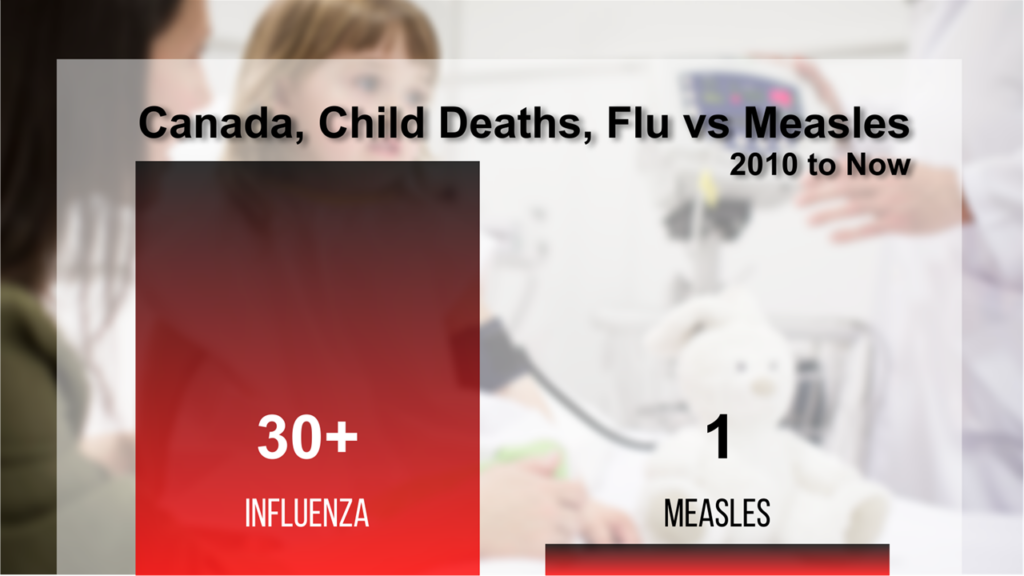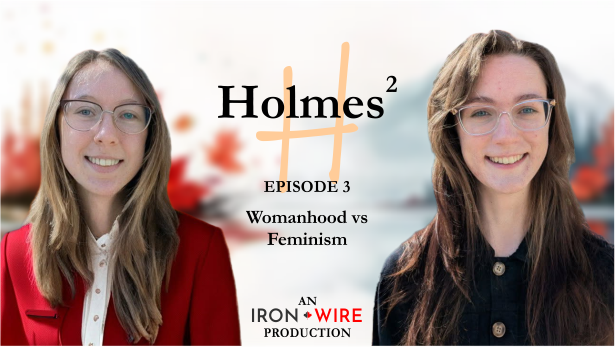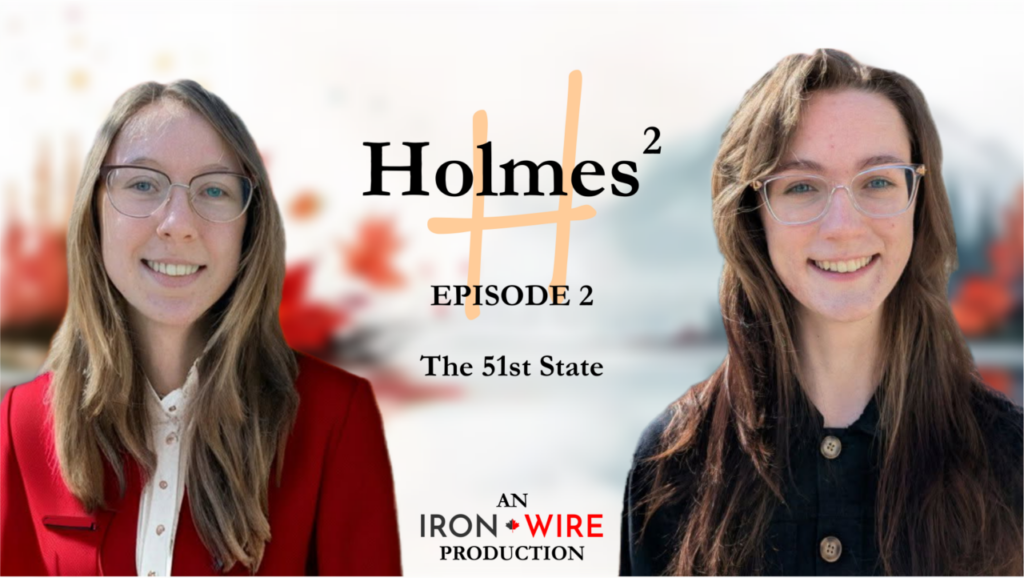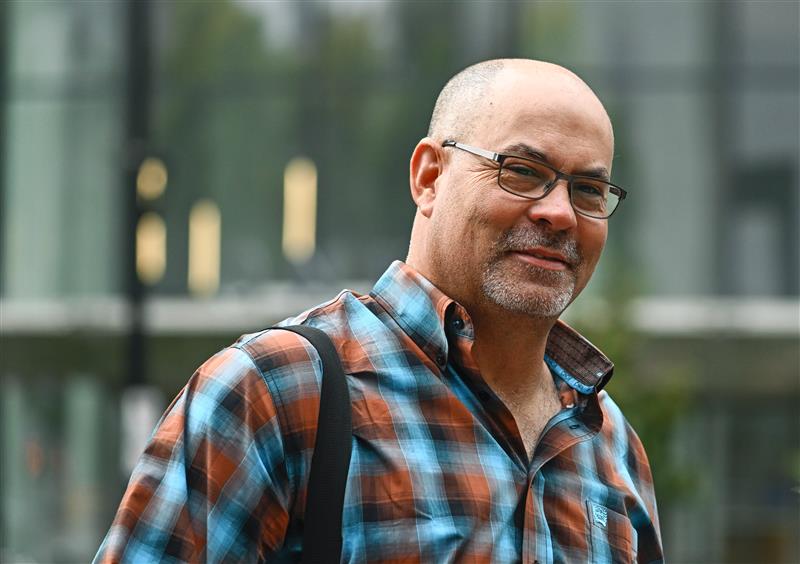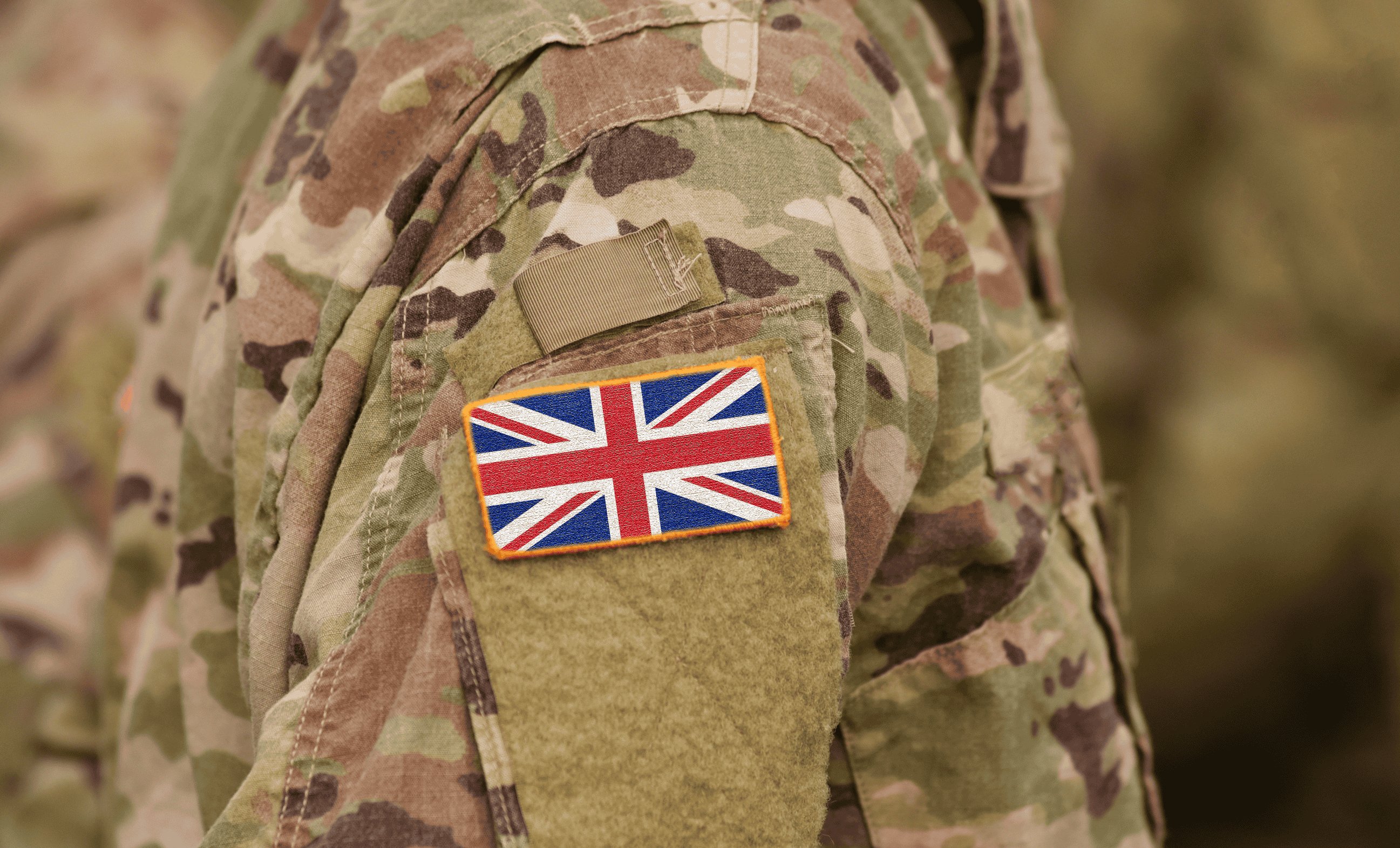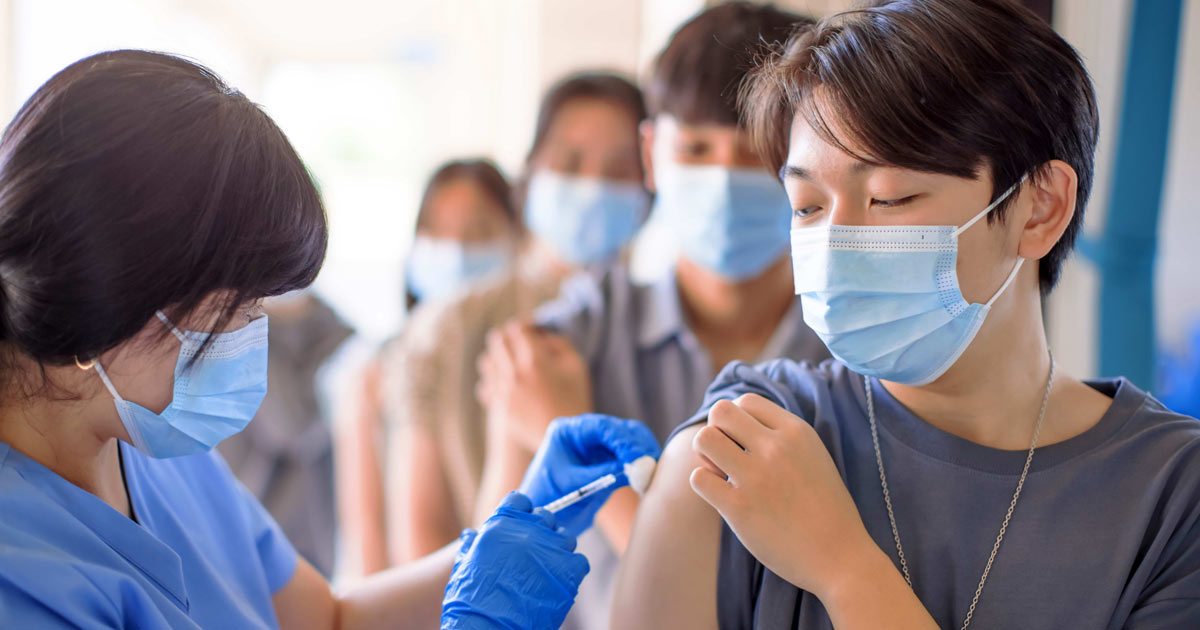Trans news: Surgeons behind landmark womb transplant claim operation for transgender patients ‘still 10 to 20 years away at least’
The surgeons behind the UK’s first successful womb transplant have ruled out performing the same procedure for transgender patients.
Professor Richard Smith and Isabel Quiroga, who led the groundbreaking operation, have warned that their research is not yet ready for trans patients.
The medical team have stressed that their work focuses specifically on helping women born without a womb, or those whose wombs cannot support reproduction.
Grace Davidson, 36, and her husband Angus, 37, welcomed their daughter Amy Isabel earlier this year following the landmark procedure.
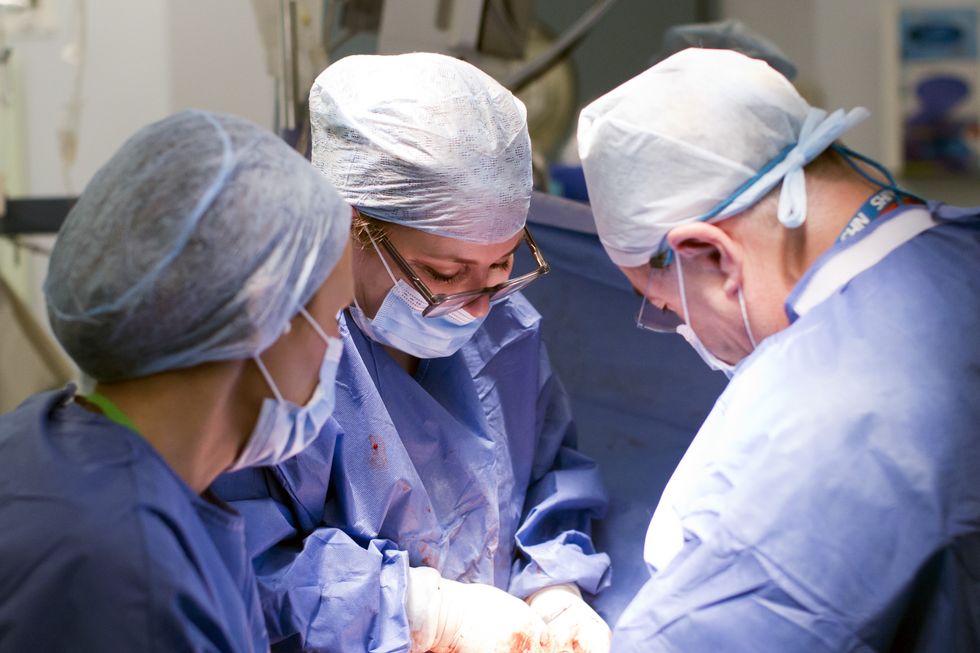
Professor Richard Smith and Isabel Quiroga led the groundbreaking operation (pictured)
PA

Grace Davidson, 36, and her husband Angus, 37, welcomed their daughter Amy Isabel earlier this year
PA
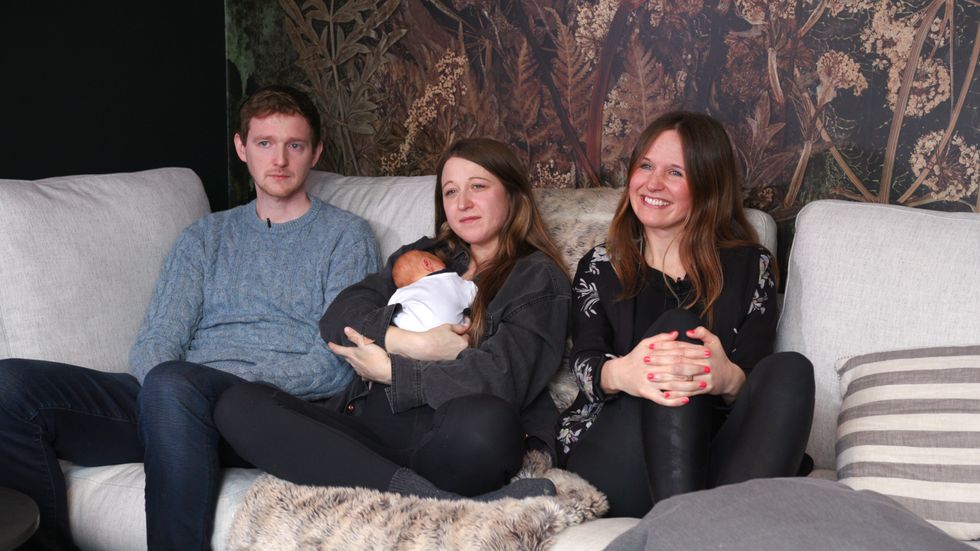
Grace, who was born without a womb, received the transplant from her sister Amy Purdie (right)
PA
Quiroga said: “The only function of a uterus is to gestate – and the uterus doesn’t make any hormones, it doesn’t do anything. It only gives the capacity of a woman to carry her own child.”
She also warned against transplants for psychological reasons, explaining: “The risks in the long term with immunosuppression and everything that entails is quite great.”
Professor Smith added: “We have a lot of supporting structures in a female pelvis – where are you going to hook a uterus when we stitch one in a male pelvis?”
Research also indicates that women with surgically created “neo-vaginas” tend to experience miscarriages.
He believes womb transplants for transgender patients are “10 to 20 years away at least” and warned against “renegade” surgeons seeking to be “heroes”.
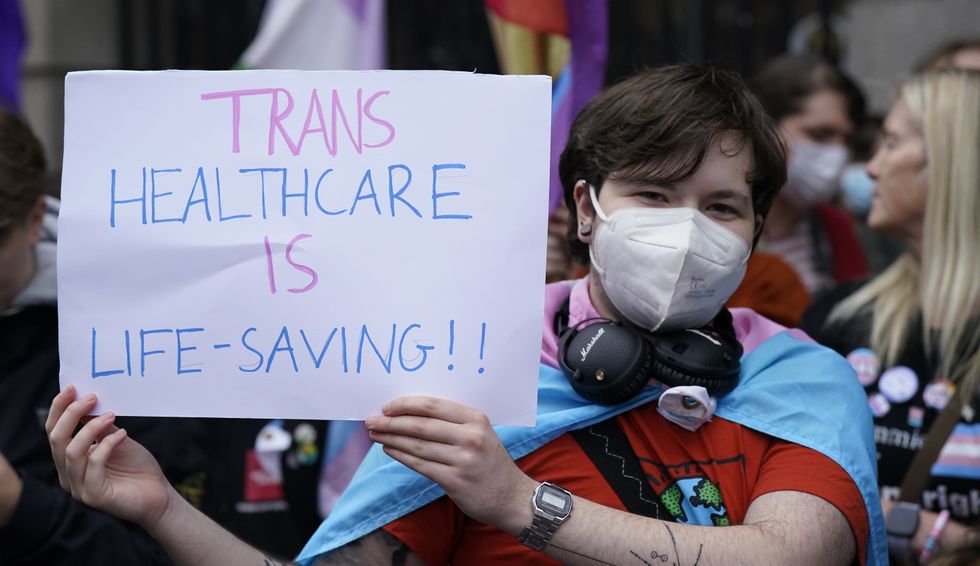
‘We have a lot of supporting structures in a female pelvis – where are you going to hook a uterus when we stitch one in a male pelvis?’ Prof Smith said (file photo)
PA
Professor Smith’s charity Womb Transplant UK has received permission to conduct 15 womb transplants in total.
This includes five from living donors and 10 from deceased donors, with four more living donors and seven more deceased donor procedures still to be performed.
The breakthrough could potentially benefit thousands of women across the UK.
Around 15,000 women have Davidson’s MRKH syndrome, while many others require womb removal due to conditions such as endometriosis or cancer.

